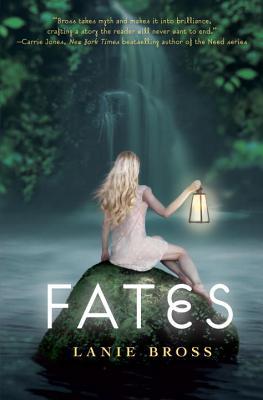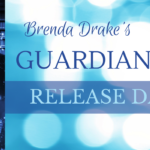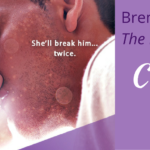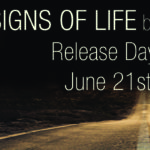 Fates (Fates #1)
Fates (Fates #1) by Lanie Bross
Published by Delacorte Press on Feb. 11, 2014
Genres: Fantasy, Young Adult
Format: eBook
Pages: 336
Source: NetGalley
Goodreads • Amazon •
One moment. One foolish desire. One mistake. And Corinthe lost everything.
She fell from her tranquil life in Pyralis Terra and found herself exiled to the human world. Her punishment? To make sure people's fates unfold according to plan. Now, years later, Corinthe has one last assignment: kill Lucas Kaller. His death will be her ticket home.
But for the first time, Corinthe feels a tingle of doubt. It begins as a lump in her throat, then grows toward her heart, and suddenly she feels like she is falling all over again--this time for a boy she knows she can never have. Because it is written: one of them must live, and one of them must die. In a universe where every moment, every second, every fate has already been decided, where does love fit in? (Goodreads)
It’s all a bit murky in Fates, a novel from Lanie Bross. The intersecting paths of destiny and choice, the idea of life being pre-ordained and finding where love fits into that: The book brings up more questions than answers, and in this instance, I’m not entirely sure that’s a good thing.
Corinthe is a Fallen Fate, cast out of her world for a prison sentence on Earth. Luc is a human trying to keep his family together, no matter how indifferent they seem. When Corinthe learns she has one more destiny to fulfill in order to get back to Pyralis, she sets her sights on killing Luc. It’s an interesting set-up, but the first half of the novel left me a bit cold. I didn’t find much to care about in inhuman—and emotionless—Corinthe, and I quickly tired of Luc comparing everything to soccer.
Where Fates finds its voice is in the second half, as we are tugged on a whirlwind to different worlds. These worlds are imaginative and expansive—there’s one made all of cogs and gears that was particularly exciting. I flew through Luc and Corinthe’s adventures as they race toward the same object, yet with different goals in mind. And I found myself finally caring about Corinthe and Luc. But here comes the murkiness again. There’s something larger at play, something about a Tribunal and Free Radicals (which—spoiler alert—is not referring to the anti-aging skin cream) and destroying destiny … or something. While the writing is quite beautiful, the story at times becomes muddy and indistinct.
We end on a question—and the set-up for an obvious sequel—but I think I may exercise my free will and leave Corinthe and Luc’s story where it ended.
Author Links: Website | Twitter | Goodreads













































